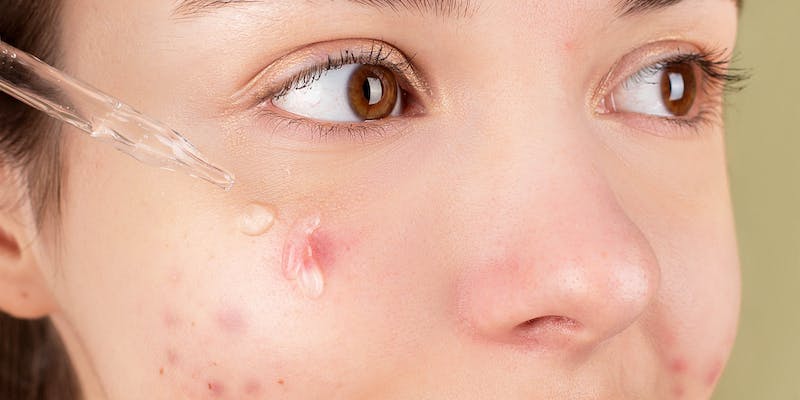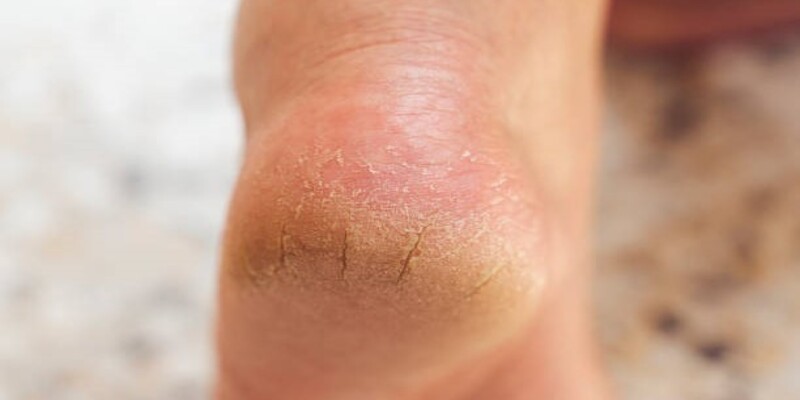By the end of the day, in the heat, you all want to get back home, turn the air conditioner on, and sink into bed. However, the skin is also in the frontline and may be affected by prolonged exposure to air conditioning by becoming excessively dry. This may raise the question, "Is air conditioning bad for you? Putting air conditioners into use drops the humidity level because they extract moisture from the air. Discuss how air cooling units damage the skin or why the air conditioning smells bad. The answers to your question have been provided below.
Effects Of Air Conditioners

Dry Skin Concerns
Turning on the air conditioner lowers the temperature and removes humidity, including skin oil. Real skin dryness may result. Dry skin tightness, roughness, and irritation may deepen with time. The greatest solution is to add humidity to your home. A whole-house humidifier is a great investment for pleasant interior temperatures without skin or air dryness. Keep skin smooth and youthful with indoor moisture restoration. Air conditioning may dry up your home. Therefore, a humidifier is necessary. It uses refrigeration quietly but effectively prevents skin dryness while the air conditioner cools you. During air conditioning season, a humidifier reduces skin dryness and discomfort for healthier skin.
Reduced Skin Oil Production
In good health, sebum production improves skin look and texture. Air conditioning may make you say, Air conditioning smells bad, as they may reduce perspiration due to lower temperatures. Reduced sweating means hazardous chemicals may collect on the skin instead of being eliminated. Falling temperatures may reduce sebum production, causing dry, lifeless skin. Regularly leaving air-conditioned areas may mitigate these effects. Taking a break from the air conditioner may help reduce skin oil.
Restoring your skin's natural oil production is vital to its health and look. This procedure may help your skin sweat out contaminants, which is a natural and healthy way to remove them. Maintaining a healthy oil production balance requires moisturizing and brightening the skin. Protecting your skin from air conditioning's dry, abrasive air may improve its health and beauty.
Dermatitis Outbreaks
Consistent dry skin increases the risk of dermatitis outbreaks. Air conditioning may worsen the skin's redness, inflammation, and flaking. Cold temperatures and air moisture are ideal for hydrating the skin. Home environments with relative humidity levels between 30 and 50 percent suit skin health. So, in addition to skin issues, it may trigger respiratory problems.
Fast Skin Aging
Some evidence suggests that exposure to air conditioning may speed up premature aging of skin. When perspiration leaves the skin, it dries up and becomes less supple. The skin's natural evaporation process causes dry, wrinkled skin; hydration replenishment is essential to prevent this. However, achieving and maintaining an ideal relative humidity in your home may eliminate the need to worry about this issue altogether. To keep your skin and overall health tip-top, a professional must check your home's HVAC system.
Tips To Restore Your Skin

Stay Hydrated
Dehydration may occur indoors too much, especially in warm weather or when using air conditioning. Drink a lot of water and fruit juices daily to stay hydrated. Surprisingly, being adequately hydrated goes beyond just increasing your skin health. It also enhances skin texture and appearance. Drink water regularly to prevent your skin from dehydrating and becoming dry and lifeless.
Invest Time in Skincare Routine
A good skincare routine before bed is essential. This moisturizes skin and fights air conditioning dryness. Maintain your evening skincare regimen with serum, moisturizer, and face oil. This practice provides nutrients to keep your skin smooth and hydrated. Serums are essential for summer skincare. Using the proper one for your skin type will considerably boost moisture, keeping your skin smooth and supple. Include a serum that addresses your skin's needsdryness, dullness, or premature agingin your nighttime and morning skincare routines.
Exfoliate With Scrubs
Contrary to the facial scrub, do a body scrub, which scrubs off the dead cells. We always moisturize our skin, which is even more important for dry areas such as lips, arms, and legs. Drinking enough water (at least one glass every two hours) can prevent the skin from drying. Applying shea butter or coconut oil to your head before you sleep will help you retain moisture in your hair the whole night. It will amaze you that your prickly skin will be transformed with these natural compounds.
Take Regular Breaks
To prevent skin from drying out, switch off the air conditioner for a brief period. It's easy and effective. Upon the room's temperature reaching your preferred level, promptly shed your garments and expose any exposed flesh to the chilly air. Avoid staying in a stuffy room all day and take small breaks every several hours. Breaks from the air conditioner help your skin regulate moisture. It also allows you to stretch and exercise while working. These intervals may lessen the health risks of sitting, such as eye strain and poor circulation.
Moisturize Your Skin
A smart person would sprinkle water on their face before turning on the AC, avoiding air conditioner dryness. Avoid harsh cleansers. After showering, use a soft towel to dry your face and moisturize. Slugginginjecting petroleum jelly overnightmay change the game for hard workers. For additional oil, spritz this natural combination for refreshment. Making a moisturizing mist at home is simple.
Rose water soothes, aloe vera gel hydrates, and glycerin humectants. Clean a spray bottle and mix the ingredients to produce an inexpensive moisturizing mist. This avoids AC drying. Moisturizing scents might aggravate delicate skin. Picking the correct skin hydration solution is essential. Apply a small coating of petroleum jelly to your moisturizer after a day. Skin with a moisture-trapping layer sweats less. It works great in dry months or places with plenty of air conditioning, but don't overdo it. So, stop asking, Is air conditioning bad for you? as it is obvious that the lack of moisture dries out your skin and damages the barrier.







